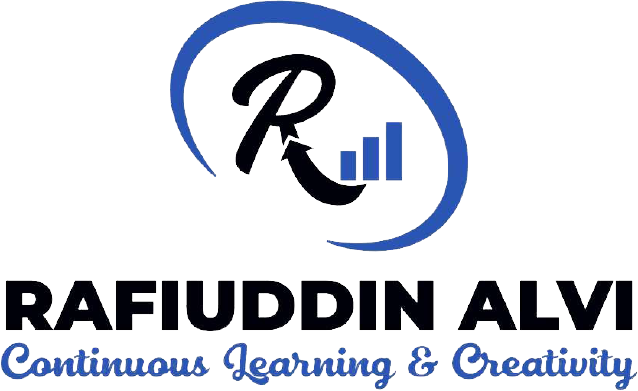
Agile Project Management: A guide to modern methodology in Project Management
Since the world is evolving, every new day is bringing a new change in our lives. Agile Project Management is a recent approach that has gained immense popularity in project management due to its adjustable and relaxed technique. Today, we will learn about the insights of Agile Project Management and will see how it evolves in our modern business world.
Definition of Agile Project Management:
Agile Project Management assists teams to achieve their business goals more efficiently and actively in a flexible way. Agile Project Management is against the conventional method, where you set all project requirements at the start. Instead, the Agile approach lets you achieve success in your projects through regular adjustments and modifications. It was first developed in 2001 by a group of technologists, and today, it is being used by almost all modern businesses.
Five Basic Principles of Agile:
1, Development Through Milestones:
The Agile method allows you to manage your projects through milestones. It allows team members to divide their tasks into smaller chunks to deliver efficiently and feel accomplished.
2. Focus on Collaborative Teamwork:
Agile calls attention to continuous collaboration and communication among the team members, the stakeholders, and the customers. Regular discussions and cooperation of these groups result in the success of the ongoing project.
3. Customer Satisfaction:
“The customer is always right.” Agile gives importance to its customer’s feedback and believes in providing value to its customers. Agile even tells you to change the direction of your project based on customer feedback.
4. Embrace Change:
Agile has a very adaptive approach, and it welcomes change openly. This process helps teams modify their strategies according to the project’s growth. This method allows project managers to change their methods to overcome upcoming challenges quickly.
5. Continuous Growth:
After passing each milestone, team members reflect on the whole process. They discuss what went smoothly, what we could improve, and what was appreciated. This regular reflection after every milestone leads them to improve their performance gradually.
Why Use Agile Project Management:
Following are a few reasons to use Agile Project Management:
1. Adjustability:
The agile approach helps the team adjust quickly to evolving events and upcoming challenges to bring the most finished end product without compromise.
2. Early Delivery:
Since project tasks are accomplished in small steps, it is easy for the teams to assess their performance and deliver more quickly.
3. Better Quality:
Agile lets teams recognize and resolve issues as early as possible due to continuous checks and balances on quality control.
4. Improved Collaboration:
Regular discussions and collaboration with the team members, stakeholders, and clients make it easier to know what everyone is expecting. Knowing that improves production and reduces misconceptions.
5. Pleased Customers:
Agile has a customer-centered approach, ensuring customer satisfaction at any cost. They value the time, money, and cost of their customers and serve them with the best.
Are you ready to fast-track your journey to grow your career in Agile Project Management?
Enroll in our ‘PMI® Approved PMP® Boot Camp’ course.
You will get complete access to our course materials.
What’s more?
Our course is PMI-approved and led by the renowned PMI ATP Instructor, Rafiuddin Alvi.
Conclusion:
In the modern industry, where new technologies are being introduced daily, you must be more precise about your methods. Agile Project Management is undoubtedly a revolutionary methodology that will empower your team and make them highly efficient in delivering the expected results.

